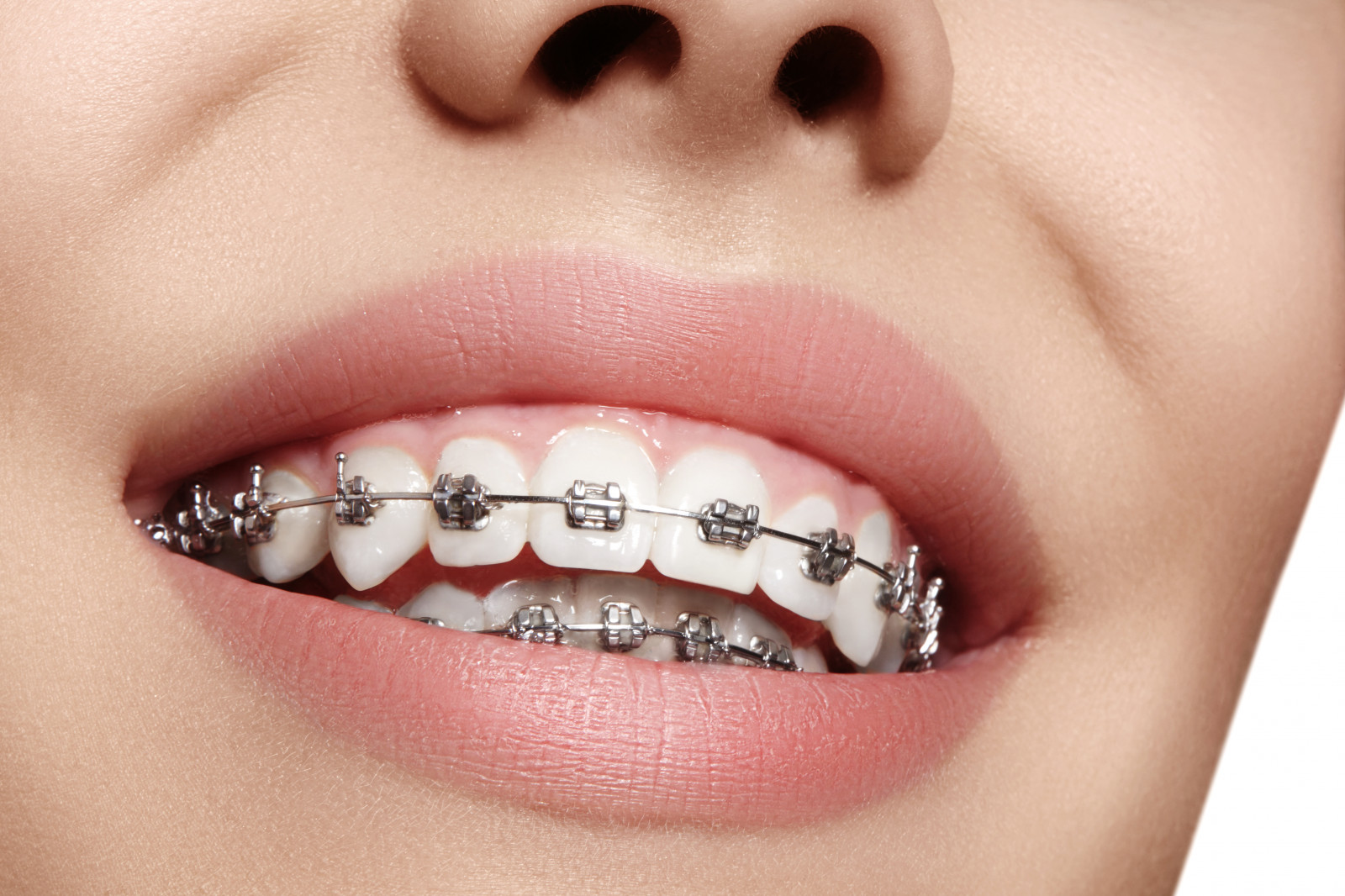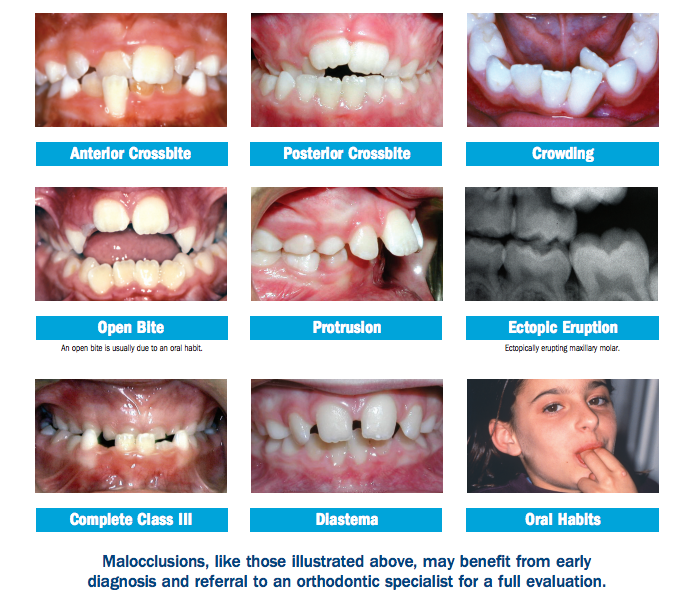Causey Orthodontics - An Overview
Causey Orthodontics - An Overview
Blog Article
A Biased View of Causey Orthodontics
Table of ContentsGetting My Causey Orthodontics To WorkThe Causey Orthodontics PDFsWhat Does Causey Orthodontics Mean?Rumored Buzz on Causey OrthodonticsThe Best Strategy To Use For Causey OrthodonticsCausey Orthodontics Fundamentals ExplainedNot known Facts About Causey Orthodontics
What is the distinction in between a dental practitioner and an orthodontist? All dental experts, consisting of orthodontists, deal with the teeth, gum tissues, jaw and nerves.
You can assume of both doctors who treat gum and teeth troubles. The major distinction is that becoming an orthodontist calls for a specific specialized in dealing with the imbalance of the teeth and jaw.
The smart Trick of Causey Orthodontics That Nobody is Talking About
An orthodontist is a dental practitioner that has gone through training to specialize in the diagnosis, avoidance and treatment of abnormalities in the jaw and teeth. They can additionally recognize potential problems in teeth alignment that might develop when problems are left without treatment (orthodontist expert).
This includes all the required education to come to be a general dentist. According to the American Trainee Dental Association (ASDA), it implies you will need to have either a Doctor of Medication in Dental Care (DMD) or a Doctor of Dental Surgical Procedure (DDS). To put it simply, orthodontists require to complete oral institution and after that obtain an orthodontics specialized education.
Some orthodontists additionally obtain their masters in craniofacial biology. affordable orthodontist near me (https://www.localshq.com/directory/listingdisplay.aspx?lid=79462). Several dental schools supply restricted orthopedic training and instruction, which is why general dental practitioners need to head to orthodontic school after graduation. Orthodontic residency programs supply intensive training for this kind of oral expertise. These programs concentrate on 2 details locations or techniques: Dentofacial Orthopedics: This research concentrates on guiding teeth and jaw development.
Fascination About Causey Orthodontics

 These consist of apparatus such as dental braces, retainers and Invisalign. So, what does an orthodontist do, and what do they concentrate on? The total goal of an orthodontist is to boost a person's bite. Not everyone is born with straight teeth, and an orthodontist will certainly make certain that individuals obtain equally spaced straight teeth.
These consist of apparatus such as dental braces, retainers and Invisalign. So, what does an orthodontist do, and what do they concentrate on? The total goal of an orthodontist is to boost a person's bite. Not everyone is born with straight teeth, and an orthodontist will certainly make certain that individuals obtain equally spaced straight teeth.
The Single Strategy To Use For Causey Orthodontics
The American Organization of Orthodontists advises your first check up by age 7. You'll require to see your orthodontist if you have an imbalance in your teeth, additionally called malocclusion. If you see irregular bite patterns, a slightly irregular jaw, or when your teeth are jammed, you will likely need orthodontic therapy.
In enhancement, we use flexible treatment routines, flexible payment alternatives and an enjoyable, delightful experience.
An orthodontist is a dental practitioner educated to diagnose, avoid, and treat teeth and jaw irregularities. Orthodontists work with individuals of all ages, from children to grownups (https://www.indiegogo.com/individuals/37982078).
Indicators on Causey Orthodontics You Should Know
Malocclusion, or misaligned teeth, can cause dental concerns, including dental cavity, gum tissue disease, and hard or unpleasant eating. Not everybody is birthed with straight teeth. If you have a poor bite or huge spaces between your teeth, you might want to seek advice from a dental practitioner concentrating on orthodontic care.
(Picture Debt: DigitalVision/Getty Images) Orthodontists utilize dealt with and removable oral devices, like dental braces, retainers, and bands, to alter the position of teeth in your mouth. Orthodontic treatment is for dental problems, consisting of: Crooked teethBite issues, like an overbite or an underbiteCrowded teeth or teeth that are too much apartJaw misalignmentThe objective of orthodontic treatment is to improve your bite.
Rumored Buzz on Causey Orthodontics

All orthodontists are dental experts, yet not all dental professionals are orthodontists. Orthodontic residency programs provide extensive, focused guideline for dental specialists. They concentrate on two areas: How to effectively and securely relocate teeth How to properly assist development in the teeth, jaw, and faceOnce an orthodontist has finished training, they have the alternative to become board licensed.
Malocclusion leads to tooth overcrowding, a twisted jaw, or irregular bite patterns. Malocclusion is usually treated with: Your orthodontist affixes metal, ceramic, or plastic square bonds to your teeth.
The smart Trick of Causey Orthodontics That Nobody is Discussing
If you have just minor malocclusion, you may be able to utilize clear dental braces, called aligners, rather than conventional dental braces. Some individuals need a headwear to assist relocate teeth into line with stress from outside the mouth. After dental braces or aligners, you'll need to use a retainer. A retainer is a customized tool that keeps your teeth in area.
Report this page